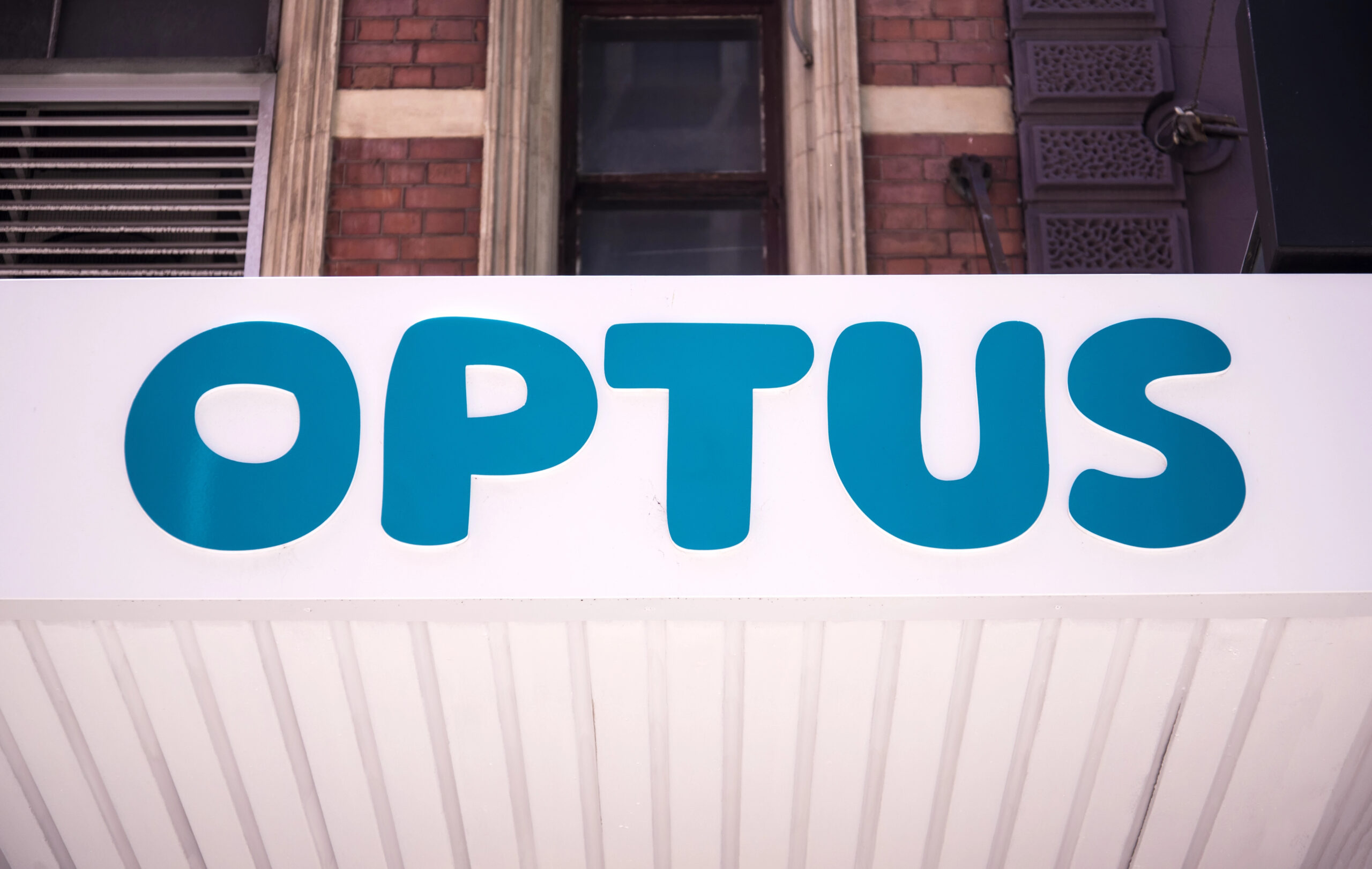In today’s rapidly evolving telecommunications landscape, you may wonder how industry leaders stay ahead of the curve. Optus, a major player in the Australian market, has just unveiled a groundbreaking solution that promises to revolutionize its operations and customer experiences. By partnering with tech giants Microsoft, Tech Mahindra, and Databricks, Optus has developed a Unified Data Platform (UDP) that harnesses the power of cloud computing and artificial intelligence. This innovative platform not only streamlines internal processes but also paves the way for more personalized and efficient customer interactions. As you explore the details of this transformative initiative, you’ll discover how Optus is positioning itself at the forefront of AI-driven innovation in the telecom sector.
Optus Unveils Cutting-Edge Unified Data Platform

Optus has taken a giant leap forward in its digital transformation journey with the launch of its state-of-the-art Unified Data Platform (UDP). This innovative solution represents a significant shift from traditional on-premises data warehouses to a cloud-native ecosystem, promising to revolutionize the way Optus handles data and delivers services to its customers.
Collaborative Effort for Technological Excellence
The UDP is the result of a strategic partnership between Optus and tech giants Microsoft, Tech Mahindra, and Databricks. By leveraging Microsoft Azure’s robust cloud infrastructure, Optus has created a scalable and flexible platform that can adapt to evolving business needs and technological advancements.
Streamlined Operations and Enhanced Efficiency
The implementation of the UDP has already yielded impressive results for Optus. Processing times have been slashed by 50%, while the duration of data pipeline development has decreased by 20%. These efficiency gains translate to faster decision-making capabilities and more agile responses to market demands.
AI-Powered Customer Experiences
Perhaps the most exciting aspect of the UDP is its integration of artificial intelligence and machine learning technologies. This powerful combination enables Optus to offer highly personalized customer interactions, from tailored product recommendations to expedited issue resolution. By harnessing the power of data-driven insights, Optus is setting a new standard for customer service in the telecommunications industry.
Streamlining Data Access for Faster Decision-Making
The Unified Data Platform (UDP) revolutionizes Optus’s data management capabilities, offering a streamlined approach to information access and analysis. By consolidating data from various sources into a single, cloud-native platform, the UDP significantly enhances the company’s ability to make swift, informed decisions.
Centralized Data Repository
The UDP is a centralized hub for Optus’s data, eliminating silos and reducing the time spent searching for information across multiple systems. This consolidation allows teams to access relevant data quickly, fostering a more agile decision-making process.
Real-Time Analytics
With the UDP’s advanced processing capabilities, Optus can now perform real-time analytics on vast amounts of data. This enables the company to respond promptly to market trends, customer needs, and operational challenges, giving it a competitive edge in the fast-paced telecommunications industry.
Empowering Employees with Data-Driven Insights
The platform democratizes data access within the organization, providing employees at all levels with powerful analytics tools. This empowerment leads to more informed decisions across departments, from customer service to network operations, ultimately driving innovation and improving overall performance.
Enhanced Collaboration and Knowledge Sharing
By creating a unified data ecosystem, the UDP facilitates better collaboration between teams. Employees can easily share insights, reports, and analytics, fostering a culture of data-driven decision-making throughout the organization.
Harnessing the Power of AI and Machine Learning
Optus’ Unified Data Platform (UDP) goes beyond mere efficiency gains, leveraging cutting-edge artificial intelligence and machine learning technologies to revolutionize customer interactions and internal operations. This innovative approach allows Optus to stay ahead in an increasingly competitive telecommunications landscape.
Personalized Customer Experiences
By integrating AI and machine learning capabilities, the UDP enables Optus to deliver highly personalized experiences to its customers. The platform analyzes vast amounts of data to understand individual preferences, usage patterns, and pain points. This insight allows Optus to offer tailored recommendations, proactive support, and customized service packages that truly resonate with each customer’s unique needs.
Enhanced Issue Resolution
Machine learning algorithms power the UDP’s ability to predict and identify potential issues before they impact customers. This proactive approach significantly reduces downtime and improves overall service quality. When problems do arise, AI-driven chatbots and virtual assistants can quickly diagnose and resolve many issues, leading to faster resolution times and increased customer satisfaction.
Empowering Employees with Advanced Analytics
The UDP equips Optus employees with powerful analytics tools, fostering a data-driven culture throughout the organization. These tools enable staff to make informed decisions quickly, identify emerging trends, and uncover new opportunities for innovation. By democratizing access to data and insights, Optus empowers its workforce to drive continuous improvement and deliver exceptional value to customers.
Empowering Optus Employees with Advanced Analytics
The Unified Data Platform (UDP) isn’t just transforming customer experiences; it’s revolutionizing how Optus employees work and innovate. By providing cutting-edge analytics tools, the UDP empowers staff across departments to harness the power of data-driven decision-making.
Democratizing Data Access
With the UDP, Optus has democratized access to valuable insights. Employees can now easily tap into a wealth of information, breaking down traditional data silos. This newfound accessibility fosters a culture of curiosity and exploration, encouraging team members to uncover novel patterns and trends.
Boosting Collaboration and Innovation
The platform’s user-friendly interface and powerful visualization capabilities enable employees to share findings effortlessly. This enhanced collaboration sparks creative problem-solving and drives innovation across the organization. Teams can now work together more effectively, leveraging collective intelligence to tackle complex challenges.
Accelerating Decision-Making Processes
By providing real-time analytics and predictive modeling capabilities, the UDP significantly speeds up decision-making processes. Managers and executives can now make informed choices quickly, backed by solid data. This agility allows Optus to respond swiftly to market changes and customer needs, maintaining a competitive edge in the fast-paced telecom industry.
Upskilling the Workforce
The introduction of the UDP has also catalyzed a company-wide upskilling initiative. Optus is investing in training programs to ensure employees can fully leverage the platform’s capabilities. This commitment to continuous learning not only enhances individual career growth but also positions Optus as a forward-thinking, data-driven organization ready to lead in the AI-powered future.
Enhancing Customer Engagement and Operational Efficiency
Streamlined Data Access for Faster Decision-Making
The Unified Data Platform (UDP) revolutionizes Optus’s data management capabilities, enabling swift access to critical information. By consolidating data from disparate sources, the UDP empowers teams to make informed decisions rapidly. This enhanced agility allows Optus to respond more effectively to market changes and customer needs, ultimately driving improved business outcomes.
AI-Powered Personalization
Leveraging artificial intelligence and machine learning, the UDP takes customer engagement to new heights. The platform analyzes vast amounts of data to create detailed customer profiles, enabling Optus to offer highly personalized experiences. From tailored product recommendations to proactive issue resolution, this AI-driven approach significantly enhances customer satisfaction and loyalty.
Boosting Employee Productivity
The UDP doesn’t just benefit customers; it also empowers Optus employees with advanced analytics tools. By providing easy access to comprehensive data sets and powerful visualization capabilities, the platform fosters collaboration across departments. This democratization of data enables teams to uncover valuable insights, driving innovation and operational improvements throughout the organization.
Competitive Edge Through Technology
By investing in cutting-edge technology like the UDP, Optus solidifies its position as a leader in the telecommunications industry. The platform’s ability to process data 50% faster and reduce development time by 20% translates to tangible competitive advantages. As Optus continues to harness the power of AI and data analytics, it sets a new standard for customer-centric, technology-driven operations in the telecom sector.
To Summarize
As you can see, Optus’s launch of the Unified Data Platform marks a significant leap forward in telecommunications technology and customer service. By harnessing the power of AI and cloud computing, Optus is not only streamlining its operations but also setting a new standard for personalized customer experiences. This innovative approach demonstrates the company’s commitment to staying at the forefront of digital transformation. As the telecommunications landscape continues to evolve, you can expect Optus to leverage this platform to deliver even more advanced services and solutions. The UDP represents a strategic investment that will undoubtedly shape the future of Optus and the broader industry for years to come.
More Stories
Microsoft Recalibrates Global Data Center Strategy Amid AI Expansion
Microsoft’s recent recalibration of its global data center strategy demands your attention. The tech giant’s decision to pause or delay projects in multiple regions while simultaneously committing billions to AI infrastructure highlights a nuanced approach to growth.
GXS Bank Strengthens SME Offerings with Validus Capital Acquisition
GXS Bank has acquired Validus Capital. This strategic deal is backed by tech giants Grab and Singtel. As a result, GXS Bank now stands at the forefront of SME financing.
Finmo Taps Marketing Maven to Accelerate Global Treasury Tech Expansion
Finmo, an emerging leader in treasury management, recently took a strategic step. It appointed a seasoned marketing expert as its new Chief Marketing Officer. This move reflects the Singapore-based fintech’s commitment to global expansion.
Sonim’s XP Pro Thermal: Merging Rugged Mobility with Thermal Precision
Enter the Sonim XP Pro Thermal, a rugged 5G smartphone that combines durability with advanced thermal imaging capabilities. This innovative device is designed to meet the needs of professionals across various industries, from electrical maintenance to public safety.
WhatsApp’s New Lockdown Mode: Fortifying Privacy with Advanced Chat Protections
By implementing a “lockdown mode,” this feature empowers you to restrict content sharing, disable automatic media saving, and block AI functionalities within specific chats.
npm Malware Hijacks Crypto Transfers via Trojanized Wallet Files
A malicious npm package called “pdf-to-office” has been discovered that specifically attacks Atomic and Exodus wallets. This sophisticated malware injects code to silently redirect outgoing crypto transactions to attacker-controlled addresses.


